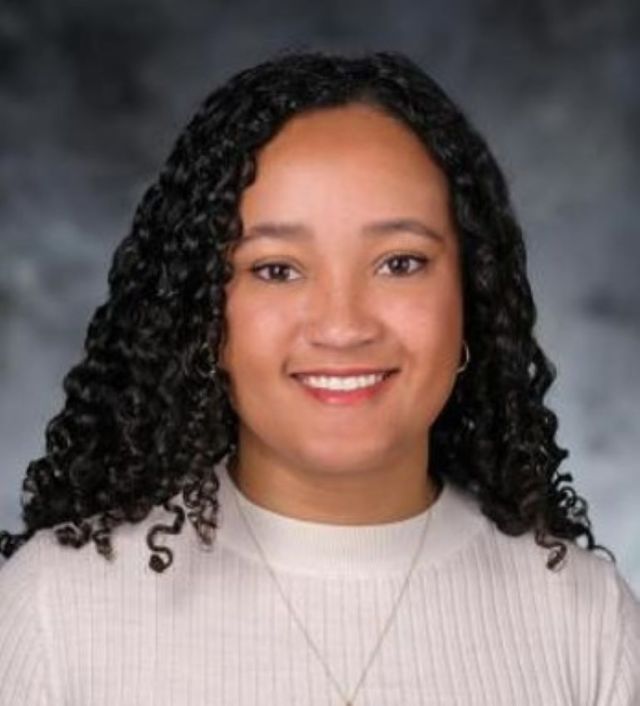
Nadia Léonard (UCSB): "Electrochemical Carbon Dioxide Incorporation into Multi-Carbon Products"
Nadia Léonard received her Ph.D. in chemistry from Princeton University where she was an NSF Graduate Research Fellow. Her doctoral research focused on developing earth-abundant transition metal catalysts for site-selective functionalization of hydrocarbon feedstocks. She then pursued postdoctoral research at the University of California, Irvine where she investigated electric field effects at transition metal complexes as a UC President’s Postdoctoral Fellow with Professor Jenny Yang. She joined the faculty as an Assistant Professor in the Department of Chemistry & Biochemistry at the University of California, Santa Barbara in 2023. Her research is centered on the design of inorganic molecular complexes and materials with unique physical and catalytic properties for applications toward energy storage and conversion, pollutant sensing, and sustainable catalysis.
Abstract: The development of new methods to incorporate carbon dioxide into organic molecules is of interest as it is an abundantly available and recyclable C1 source. However, reliable methods for the direct electrochemical reduction of CO2 into useful multi-carbon products are thermodynamically inefficient in comparison to other well-established C1 reduction products, such as carbon monoxide and formate. We are developing electrochemical methods for reduction and functionalization to form C-C bonds with CO2. The targeted products for CO2 usage include commodity chemicals and larger organic carboxylated molecules. We are exploit thermodynamic and kinetic considerations to understand how to control selectivity between our desired higher-carbon products, C1 reduction products, and competing reactivity such as proton reduction.